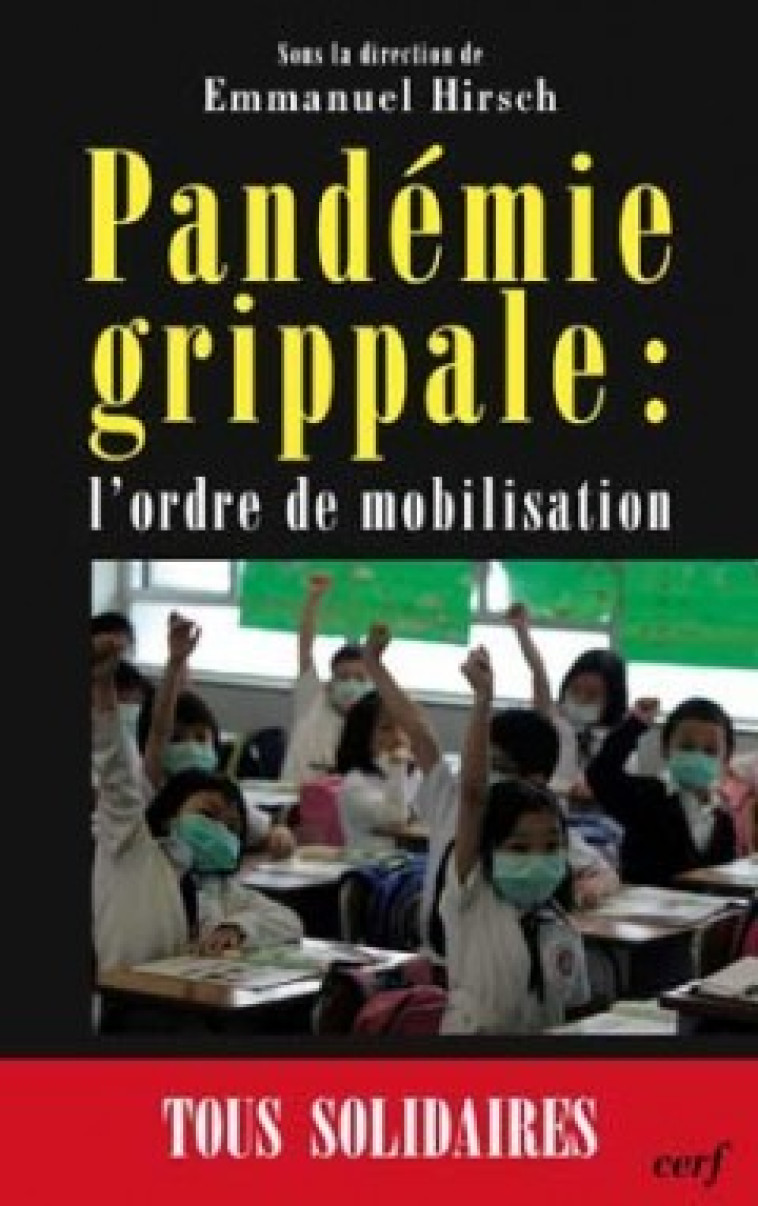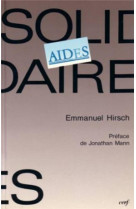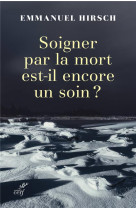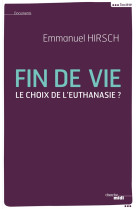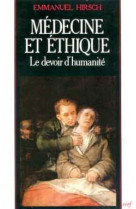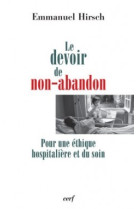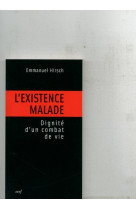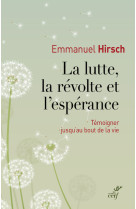--
Last April, the flu pandemic A (H1N1) came as a surprise even to those who had been preparing for its arrival for years. No measures have been able to limit the extent of the phenomenon, now a global one. Today, it is urgent to anticipate its impact if, in the next few months, the virus were to outsmart existing strategy and unleash an uncontrollable health disaster. National plans, designed to ensure access to treatment and the continuity of public services, include measures whose effectiveness we cannot foresee. Experts disagree about the gravity of the risk and the justification of certain choices. To tackle this unpredictable menace whose intensity remains a mystery, can we put our faith in procedures whose application would be essentially a matter of personal motivation? Today, who can seriously claim that our society is ready to face a challenge that remains largely unidentified? Who can be sure that solidarity will triumph over ‘each man for himself'? There is still time to organize public cooperation and create awareness in the social services in order to bring about a mobilization for stocks of anti-viral drugs, masks and vaccinations are only part of the necessary response to the threat of a pandemic. When considering such difficult options, can society conserve its democratic values or will it shift into the gear of exception? What should our decision-making criteria be - especially when the consequences are life or death? Who will arbitrate on these issues? In an extreme situation, will our country honour the tradition of human rights and provide care for the most vulnerable, especially those populations deprived of all therapeutic resources? Even if the pandemic threat should diminish in the coming months, it is vital that we find the courage to answer these fundamental questions with dignity. If we try to avoid them or ignore them, irresponsibility and indifference will overcome lucidity and the spirit of initiative. This initial defeat would undermine an engagement we must all assume. L'assistance publique-Hôpitaux de Paris is a State health establishment under the auspices of the Paris City Hall. It organizes health missions, medical research, prevention, health education and urgent medical aid, as well as being the teaching hospital centre of Ile-de-France. Within the hospital, an ‘Espace Ethique' has been developed a place of exchange and discussion of ethical considerations, teaching, training, research, evaluation and propositions concerning hospital ethics and health care. The ‘Espace Ethique' has been in existence since 1995, under the direction of Emmanuel Hirsch, and is now a reference recognised by the WHO.

